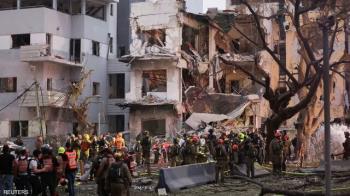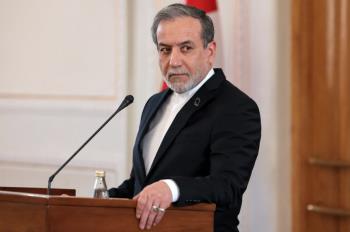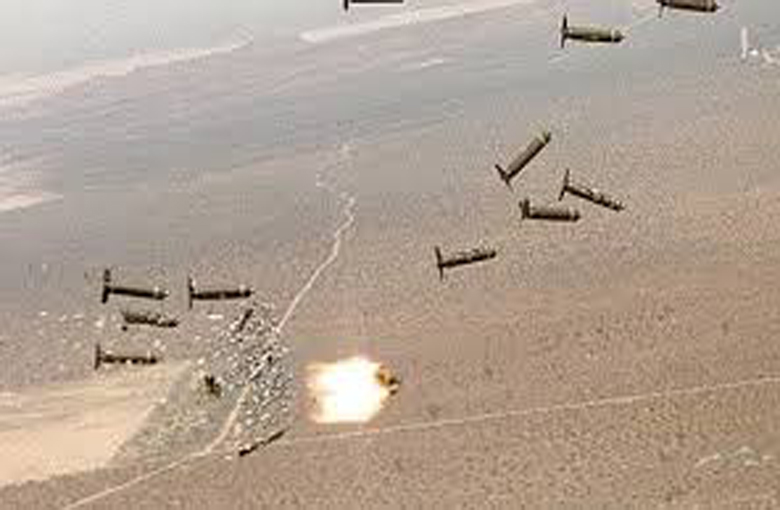In a Friday statement attributed to the UN Secretary-General, he expressed deep concern about the intensification of Saudi-led aggression forces airstrikes and ground fighting and shelling in Yemen, despite repeated calls for a renewed cessation of hostilities.
The Secretary-General was especially concerned about reports of intense airstrikes in residential areas and on civilian buildings in Sana’a, including the Chamber of Commerce, a wedding hall and a centre for the blind.
Ban Ki-moon also said he has received troubling reports of the use of cluster munitions in attacks on Sana’a on 6 January in several locations. The use of cluster munitions in populated areas may amount to a war crime due to their indiscriminate nature.
The Secretary-General reminded the Saud-led aggressors of utmost necessity to respect their obligations under international human rights law and international humanitarian law, which prohibits attacks directed against civilians and civilian infrastructure.
The Secretary-General also urged all parties to the conflict in Yemen to engage in good faith with his Special Envoy for Yemen in order to convene a new round of peace talks as soon as possible.
Last week Human Rights Watch (HRW) said cluster munitions sold to Saudi Arabia by the US were used in attacks on residential neighborhoods in Yemen's capital of Sanaa, calling for an international inquiry into the alleged war crime. In a report published on Thursday Saudi-led coalition forces seriously violated the laws of war by aird r o pping the "indiscriminate weapon" on populated areas in the Yemeni capital on January 6, HRW said.
"The coalition's repeated use of cluster bombs in the middle of a crowded city suggests an intent to harm civilians, which is a war crime," HRW arms director Steve Goose said, adding that these attacks are "outrageous."
The human rights advocacy group identified the munitions "as US-made BLU-63 antipersonnel/anti-material submunitions and components of a CBU-58 cluster bomb."
It added that parts of the bomb remnants had markings indicating that it was manufactured in the US in 1978. According to US export records obtained by HRW, Washington transferred 1,000 such bombs to Saudi Arabia sometime between 1970 and 1995.
The Saudi regime and its allies began a military aggression against Yemen – without a UN mandate – on March 26 to stop advances of the Ansarullah movement which is backed by the country`s army and Popular Committees. The Saudi regime intends to restore fugitive former Yemeni president Abd Rabbuh Mansur Hadi to power.
During the last nine months of the Saudi war on Yemen, at least 7,700 people have been killed mostly civilians including women and children.
The illegal war on Yemen has also inflicted damages on hundreds of important installations in the civilian infrastructure including hospitals, schools, mosques, residential quarters, water reservoirs etc.



























